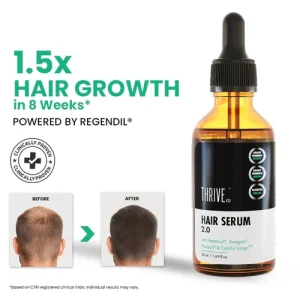In the ever-evolving world of cosmetics, consumers are becoming increasingly discerning about the ingredients in their beauty products. With the rise of the natural beauty movement, the debate around the efficacy and safety of natural versus synthetic ingredients has gained significant attention. In this article, we explore the roles that both natural and synthetic ingredients play in cosmetics and how they impact the beauty industry.
The Allure of Natural Ingredients
Natural ingredients are derived from plants, minerals, and other naturally occurring sources. They are often perceived as safer and more effective due to their long history of use in traditional medicine and beauty practices. Ingredients like aloe vera, coconut oil, and essential oils not only nourish the skin but also boast therapeutic properties.
Natural ingredients can be rich in vitamins, antioxidants, and essential fatty acids, making them beneficial for skin health. For instance, vitamin E from natural sources is renowned for its moisturizing capabilities and antioxidant properties, promoting a healthy complexion.
The Case for Synthesis
Despite the many benefits of natural ingredients, synthetic alternatives also have their place in cosmetics. Synthetic ingredients can be designed to enhance their effectiveness, stability, and safety. Chemically engineered compounds can provide targeted results, such as higher sun protection factors (SPF) or improved hydration levels.
Moreover, synthetic ingredients undergo rigorous testing and evaluations before they hit the market, ensuring they meet safety standards. This can be particularly important for individuals with sensitive skin or specific allergies, as formulations can be tailored to avoid common irritants.
Finding a Balance: Hybrid Formulations
As knowledge about ingredients continues to grow, a hybrid approach is emerging in the cosmetic industry. Many brands are now combining natural and synthetic ingredients to harness the strengths of both. This approach allows for products that are effective, safe, and environmentally friendly.
For instance, a moisturizer might contain natural oils for hydration alongside synthetic emulsifiers that ensure the product remains stable and effective for longer periods. This balance could cater to a wider range of consumers, appealing to those who prioritize both efficacy and the desire for natural ingredients.
The Future of Cosmetics
As consumers continue to prioritize health, sustainability, and transparency, the cosmetic industry is likely to evolve further. Innovations in green chemistry and biotechnology could lead to more effective natural alternatives, while advances in synthetic chemistry could result in safer, biodegradable options.
Ultimately, the choice between natural and synthetic ingredients in cosmetics isn’t a matter of one being better than the other; rather, it’s about understanding the unique properties and benefits of each. Consumers should feel empowered to make informed choices based on their individual needs and values, embracing a variety of ingredients that best suit their skincare goals.
Related Products
-
Sale!
Product 2025-10-01
Cosmetic Products€14,90Original price was: €24,28.€18,18Current price is: €18,18.
€18,18 incl. VAT -
Top Cosmeric Product 2024 | Best Skincare & Beauty Solutions
Body Care€10,00€12,20
€12,20 incl. VAT -
Sale!
Soluta.
Accessories€200,00Original price was: €244,00.€244,00Current price is: €244,00.
€244,00 incl. VAT





